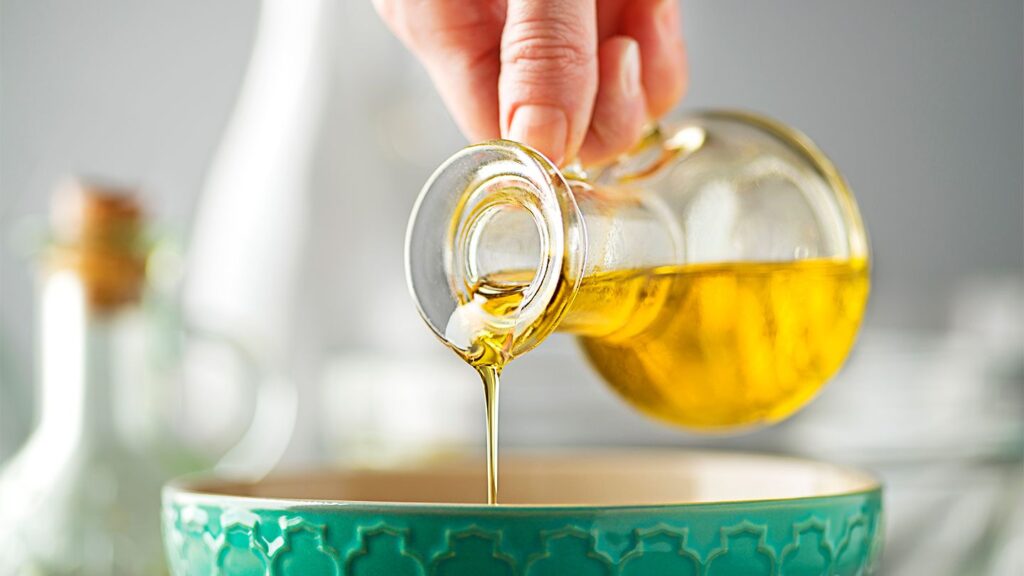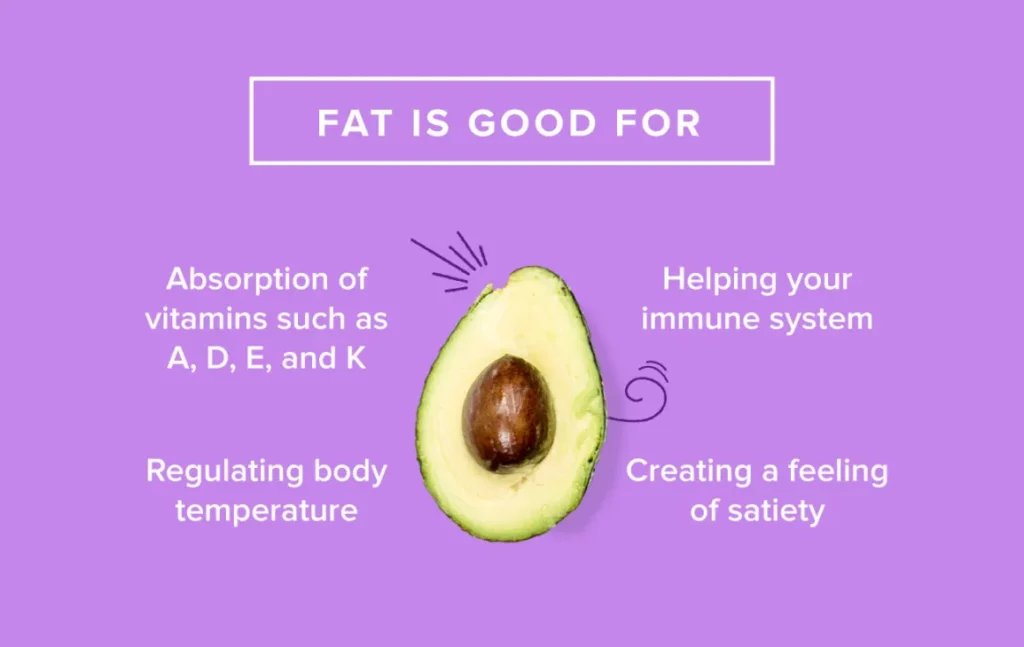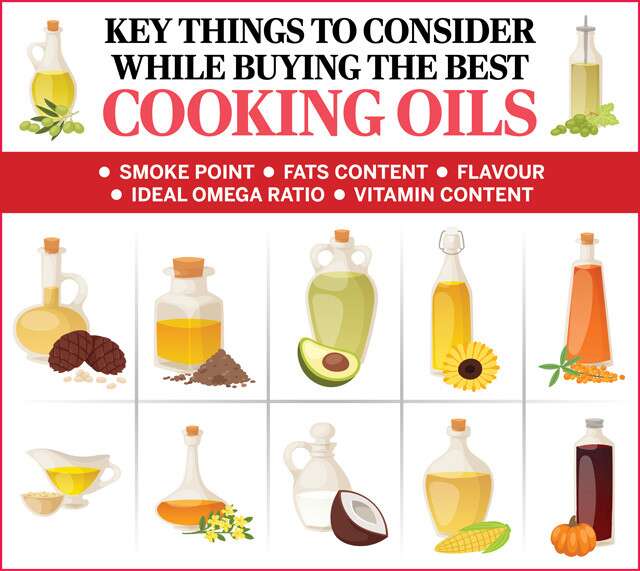Synopsis: Can an increase in food oil content induce diabetes? Eating the right type and amount of fat can be beneficial to our health because fat is important because it provides cushioning to organs, stores energy, protects the body from elements, supports cell growth, and prevents early cell death; however, can an increase in oil content in food cause diabetes? Here what Doctors’ have to say about it.

Can an increase in food oil content induce diabetes?
Fat is vital since it cushions organs, stores energy, protects the body from elements, promotes cell growth, and prevents early cell death; but, may an increase in oil content in meals induce diabetes? Here doctors respond to such claims.
When it comes to diabetes, carbohydrate normally receives all of the focus. However, there is another crucial component included as part of a balanced diet that plays a vital role in diabetes, and that is fat. Eating the right type and amount of fat can be beneficial to our health because fat is important because it provides cushioning to organs, stores energy, protects the body from elements, supports cell growth, and prevents early cell death; however, can an increase in oil content in food cause diabetes?

Dr Mahesh DM, Consultant Endocrinology at Aster CMI Hospital in Bengaluru, told HT Lifestyle, “Our body demands carbohydrates, fat, and protein.” It is incorrect to state that every fat-containing food is unhealthy. Each type of oil contains a unique combination of useful healthy fatty acids for the body. It is so strongly recommended that the type of oil be changed every three to four months.
Trans-fat, on the other hand, is a saturated fat that increases diabetes risk by 7%. Cooking oil, on the other hand, degrades throughout the frying process, undergoing a chemical shift that changes the makeup of the oil’s fatty acids. Food cooked in degraded oil absorbs fatty acids and other potentially hazardous elements.”
“The acids and chemicals contribute to ballooning waistlines, harmful cholesterol and blood pressure fluctuations, and higher levels of oxidative stress,” he advised, “all of which could explain the 39% to 50% association between fried food consumption and increased incidences of diabetes and heart disease.
” A person who consumes fried food four to six times per week, for example, has a nearly 39% chance of developing diabetes, but a person who consumes fried food more than seven times per week has a 50% chance. Fried foods have twice as many calories as carbohydrates. Carbohydrates have 4 calories per gramme, compared to 9 calories per gramme for fat. Processed foods, on the other hand, are a lethal combination of high saturated fat and high carbohydrate, which can lead to a variety of health problems.”

Dr. Srinath Aswathiah, Senior Consultant Diabetology and Endocrinology at BGS Gleneagles Global Hospital in Bengaluru, says that while fats have more calories per gramme, the key is to watch your quantities. “Eating the appropriate type of fat is also critical for lowering your risk of type 2 diabetes, cardiovascular disease, some malignancies, and other health problems,” he said. It is therefore critical to understand the various forms of fat. Saturated fat, trans fat, monounsaturated fat, and polyunsaturated fat are the four major forms of fat. Several health societies and dietetic organisations recommend that you consume more monounsaturated and polyunsaturated fats in your diet than saturated or trans fats.”
“Each type of oil contains distinct useful healthful fatty acids for the body,” he stated. Virgin olive oil should be used raw, with salads and rice mixes, and should not be heated. It plays a role in diabetes because it contains tyrosol, an antioxidant that helps to improve insulin resistance.

It also lowers the risk of becoming obese. Sesame oil has skin and hair benefits. Nonetheless, sesame oil is high in vitamin E and other antioxidants. It is also beneficial for diabetic patients because it helps to manage blood sugar and cholesterol levels. Rice bran oil is extremely nutritious and beneficial to diabetics. In fact, combining sesame oil with rice bran oil as a cooking oil may lower high blood glucose.
“Groundnut or peanut oil, which is high in polyunsaturated and monounsaturated fatty acids, is excellent for diabetics because it helps keep bad cholesterol under control,” he adds. It also has vitamin E. Coconut oil has several health advantages for your skin, hair, and overall wellbeing. It suppresses hunger and improves fat burning, and it also aids in fat loss and weight management. It also contains healthy saturated fats that can be used to effectively manage blood sugar levels.”
Read Also:
When Ajay Devgn explained why he doesn’t use elevators
For more, visit Zesacentral!